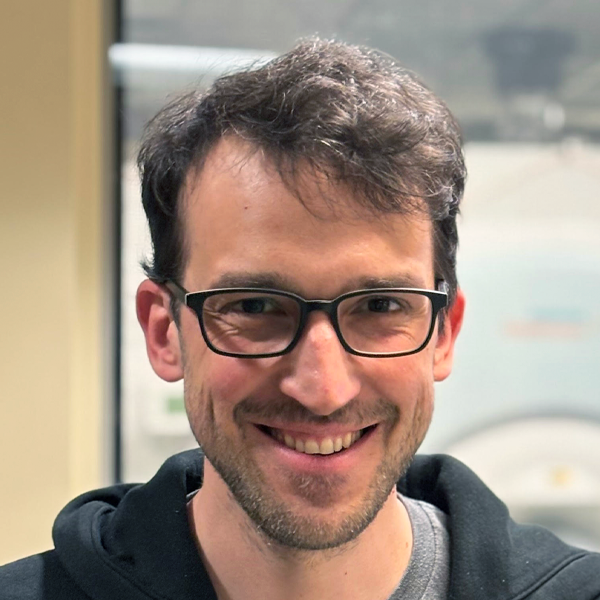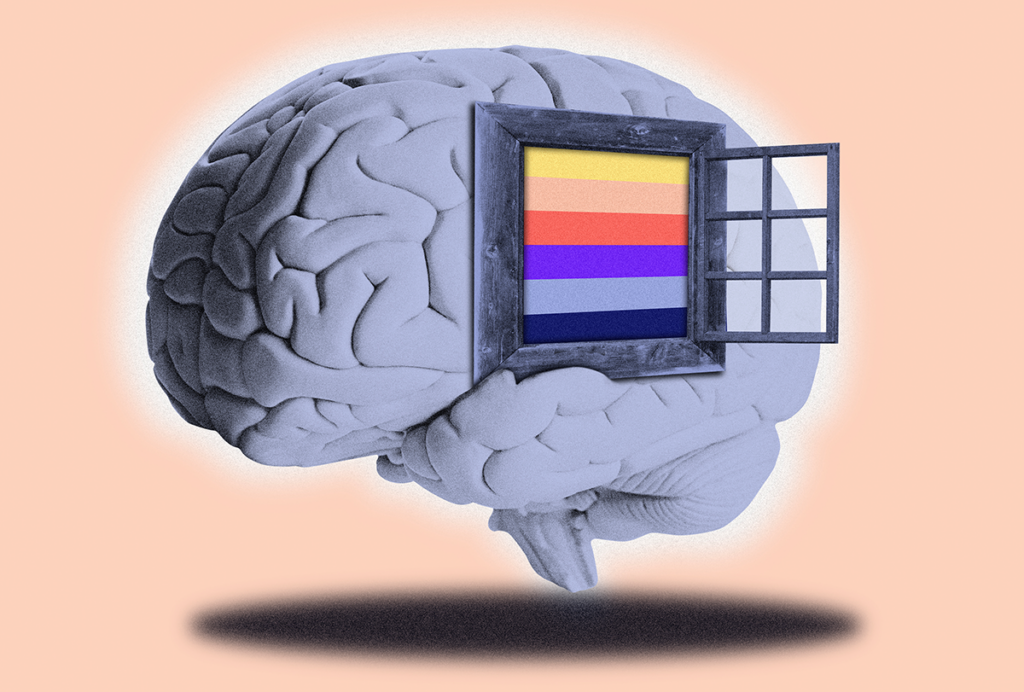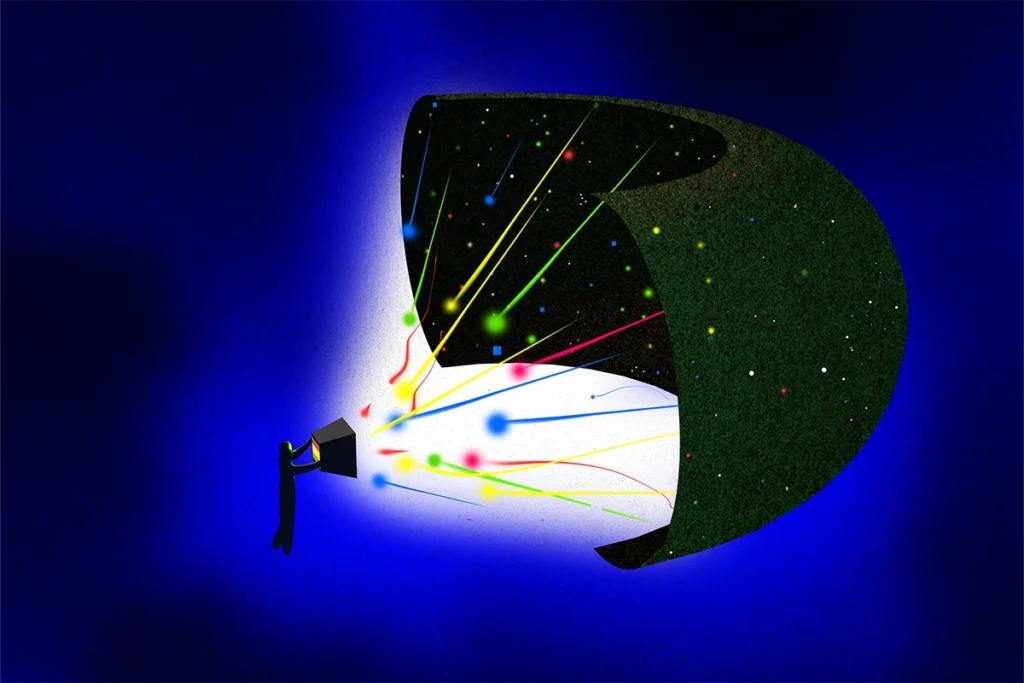Laurentius Huber is a staff scientist who heads the Layer Group within the Functional MRI Facility at the National Institutes of Health. His group develops and applies high-resolution MRI techniques to capture and analyze functional brain changes at the spatial scale of cortical layers noninvasively in the living human brain. Huber aims to understand the principles of directional neural information flow through neural microcircuits within and across brain areas. He and his colleagues contribute to the layer fMRI field by providing acquisition protocols, such as VASO sequences, and analysis tools, such as LayNii.
Huber was trained as an MRI physicist during his Ph.D. at the Max Planck Institute for Human Cognitive and Brain Sciences, and he completed his postdoctoral research in the Section of Functional Imaging Methods at the National Institute of Mental Health. He then joined the faculty at the Maastricht Brain Imaging Center at the University of Maastricht. In 2022, he became a staff scientist in the Functional MRI Facility at the NIH.


